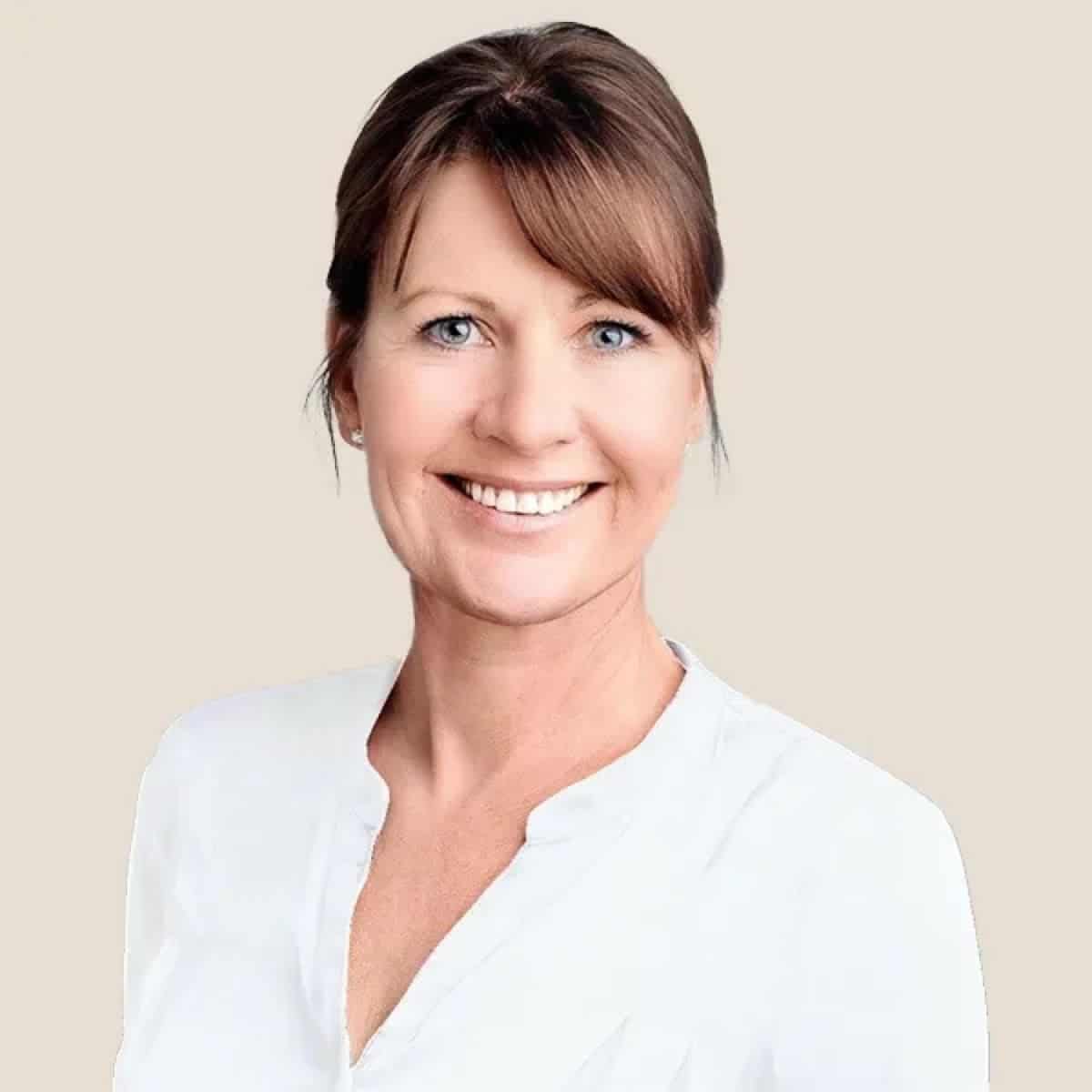Feeling tired and irritable all the time? Hormonal imbalance may be the problem
From hot flashes to fatigue, Dr Sybille Morch explains what’s really happening in our bodies during hormonal changes and breaks down the taboo

The Thaiger key takeaways
- Menopause and andropause are not diseases, yet many people suffer in silence due to stigma and lack of awareness.
- From brain fog and joint pain to low libido and reduced energy, hormonal imbalance can affect every system in the body.
- At Miskawaan Health Group, Bioidentical Hormone Replacement Therapy (BHRT), lifestyle adjustments, and targeted supplements help restore balance and improve quality of life.
Hormones don’t often get the attention they deserve. We talk about them during puberty, perhaps when discussing fertility, and then tend to ignore them until the body forces us to pay attention. But hormones are the silent conductors of our health. They influence our mood, metabolism, sleep, bone strength, memory, and the way our skin feels. When they change, life changes with them.
This usually means menopause for women, but it also happens in men, as the slower and less discussed decline in testosterone is often called andropause. Both are natural stages of life, both are often misunderstood, and both can have a profound impact on daily life.
To understand what really happens when you have a hormonal imbalance, we sat down with Dr Sybille Morch from Miskawaan Health Group in Bangkok. A gynaecologist with decades of experience in women’s health and integrative medicine, she now helps both men and women get through hormonal changes.
| Jump to Section | Short Summary |
| Hormonal change is not a disease | Dr Sybille Morch explains that menopause and andropause are natural life stages, not illnesses, and breaking the taboo is crucial. |
| The signs to watch | Hormonal shifts can cause fatigue, brain fog, hot flashes, weight gain, and reduced libido, affecting both men and women. |
| The solutions available | Miskawaan Health Group uses advanced testing, BHRT, lifestyle changes, and supplements to create tailored treatment plans. |
| Lifestyle changes are important, too | Small, consistent habits like exercise, better sleep, and stress management help hormones stay in balance. |
| Dr Morch is living proof | Dr Morch shares her own success with hormone therapy, showing how it can restore energy and quality of life. |
Hormonal change is not a disease

One of the first things Dr Morch wants to make clear is that menopause and andropause are not illnesses. “It’s not a disease. It’s a natural stage of life. Women experience it more suddenly, because the ovaries stop working like a light switch turning off. For men, testosterone declines more slowly, more like a dimmer. But everyone goes through it,” she said.
The trouble, she explains, is that many people shrug off the symptoms as ‘just ageing.’ Both men and women tend to suffer in silence until the problem affects their relationships. “We spend half our lives after menopause or with lower testosterone. That’s why it’s so important to talk about it and that’s why it’s so important to break the taboo,” she added.
So why do we still hesitate to talk about something everyone experiences? Cultural attitudes play a part. In Asia, the subject is often private. In the West, awareness has grown thanks to public figures, but men in particular remain reluctant.
“Men sometimes deny the symptoms. It’s easier for them because they can compensate really well, like with big cars, big business. Women struggle because they lose fertility, children leave the house, and they face mood swings.”
Dr Morch believes that education and openness are important so people won’t have to suffer in silence anymore. “If you understand that it’s natural, not your fault, then you can manage it. Couples who talk about it support each other more. Families who know about it are more patient. It changes everything.”
The signs to watch
The change in our hormones can affect every system in our bodies. Women may notice hot flashes, brain fog, joint pain, anxiety, and irregular cycles. Men, on the other hand, see slower changes, which usually include stubborn belly fat and lower libido.
But hormonal changes can cause much more than hot flashes and irritability. Low oestrogen can affect heart health, bone density, and brain function. Declining testosterone can also weaken muscles and reduce energy. Some patients arrive at Miskawaan after visiting cardiologists, orthopaedic specialists, and neurologists, only to discover that the root cause of their symptoms is a hormonal imbalance.
“I have a lot of clients who do sports all their life and eat very healthy, then they wake up and feel like 180. They have heart pain, joint pain, and dry skin. This could be all related to hormones,” she noted.
The solutions available

The main solution Miskawaan Health Group offers for hormone imbalance is Bioidentical Hormone Replacement Therapy (BHRT). Hormone replacement therapy did carry a reputation for risk, largely because of older studies involving synthetic hormones. Today, the field has moved on. Most clinics now use bioidentical hormones, usually derived from plants like yam root, that match the body’s natural structure.
Dr Morch explains, “Today BHRT is much safer and much more effective. When given under medical supervision, they protect rather than harm. They support the heart, the bones, the brain. And for quality of life, they can make a huge difference.”
If you go to Miskawaan Health Group in Bangkok for the treatment, they will tailor it to your specific needs. This means that you will undergo detailed blood work and a long consultation about your medical history, lifestyle, and symptoms.
Therefore, the therapy can be different from one patient to another. Your therapy may include bioidentical hormone creams, nutritional adjustments, targeted supplements, or stress management techniques.
Lifestyle changes are important, too

Even the most precise therapies work best when paired with healthier choices. Dr Morch encourages her patients to have protein-rich diets, reduce sugar and alcohol, and add daily exercise. If you hate going to the gym, this may seem dreadful. But in reality, you don’t need to spend hours and hours of your day working out. Fifteen minutes of strength and stretching can already make a difference as long as you stay consistent.
Stress and sleep are also critical. High cortisol (your stress hormone) disrupts other hormones. Plus, poor rest makes symptoms worse. Simple practices, such as putting your phone away before bed or taking quiet breaks during the day, can help you sleep better.
Dr Morch is a living proof that hormone replacement can help
For Dr Morch, her work is personal. Now in her early fifties, she has gone through her own perimenopause with the same treatments she prescribes. Fatigue and joint pain once made her life difficult. Thanks to careful blood testing, supplements, and bioidentical hormones, she was able to restore her energy.
“I have a combination of therapy, including hormone replacement therapy, vitamins, and minerals, and I really feel good,” says Dr Morch.
So if you’ve been noticing fatigue, mood swings, sleep issues, or loss of libido, don’t suffer in silence. Go get checked because a blood test and a conversation with a doctor can provide clarity and often reveal simple solutions.
To learn more about hormonal imbalances and the treatment available, watch The Thaiger Podcast’s full conversation with Dr Sybille Morch or visit the Miskawaan Health Care Group website to make an appointment.
Sponsored
Latest Thailand News
Follow The Thaiger on Google News:


























